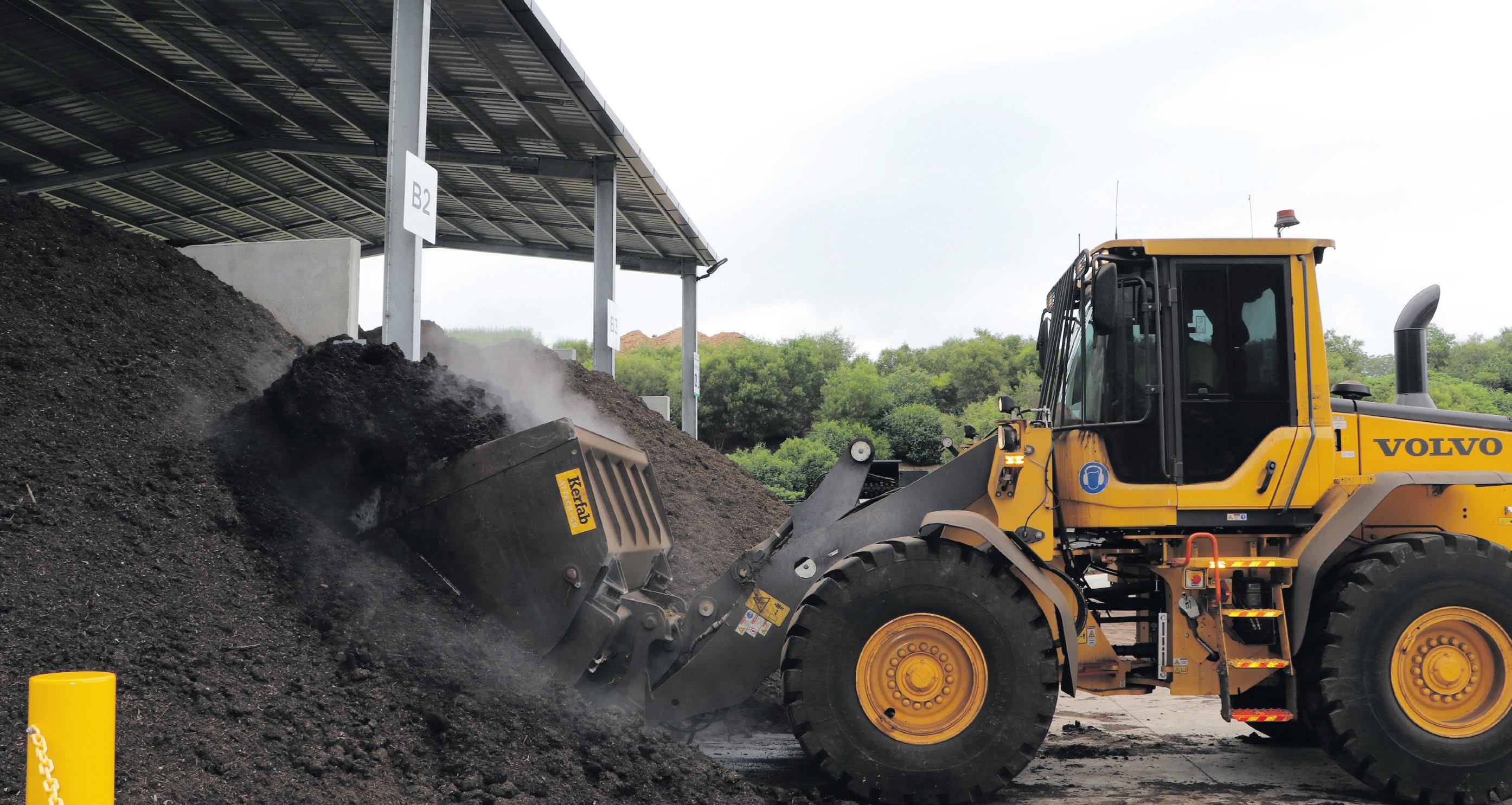
1 minute read
Green Bin Guidelines Overhauled for Healthier Soil and Clearer Recycling: Tweed Implements New Regulations
Revisions to the permissible contents of green bins throughout the Tweed region are presently underway, heralding improvements in soil health and a reduction in confusion surrounding waste disposal. In accordance with a directive from the NSW Environment Protection Agency (NSW EPA), fbrous materials, notably paper, cardboard, and teabags, will no longer be accepted in residents’ green bins, designated for Food Organics and Garden Organics (FOGO).
Henceforth, these greenlid bins will exclusively accommodate food scraps and garden waste.
Yvette van Amstel, the Waste Education Offcer for the council, emphasized that while adjusting to these alterations might entail a period of acclimatization, they are poised to enhance the quality of compost derived from green waste sourced from myriad households across the Tweed. “Regrettably, many fbrous products purportedly labelled as compostable do not live up to their claims, often harbouring harmful substances that imperil our environment and well-being,” remarked Ms. van Amstel.
“By excluding such potentially deleterious items from our green bins, we can produce premium commercial compost that bolsters soil fertility, nurturing the growth of wholesome produce like fruits and vegetables.”
Linda Tohver, representing North East Waste, asserted that these revisions are a return to fundamentals for green bin usage. “With these updated guidelines, any uncertainty regarding the disposal of items like greasy pizza boxes or paper towels in the green bin will be dispelled,” noted Ms. Tohver.
To facilitate the community’s transition to these new regulations, both the council and North East Waste will conduct educational campaigns, disseminating information through web platforms and social media channels. Those seeking further clarifcation on the changes can avail themselves of resources at either of the Council administration facilities.

Under the revamped guidelines, permissible items for disposal in the green organic bin encompass fruit and vegetable scraps, meat and bones, seafood and shells, pasta, bread, rice, cereal, eggs, dairy products, loose tea leaves, coffee grinds, and assorted garden waste such as leaves, clippings, and weeds.
Conversely, items proscribed from the green organic bin include fbrous products like bamboo, cardboard, and paper, along with paper towels, serviettes, tissues, napkins, and certain compostable or biodegradable products. Notably, exceptions to these exclusions include kitchen caddy liners crafted from newspaper or compostable liners compliant with Australian Standard AS 4736-2006.
For comprehensive details on these revisions, alongside frequently asked questions, individuals are encouraged to visit tweed.nsw.gov.au/greenlid-bins. For insights into the transformation of food and garden waste into enriching compost, a visit to North East Waste’s website is recommended.
For more information on these changes, including frequently asked questions, visit tweed.nsw.gov.au/greenlid-bins.
To fnd out more about how your food and garden waste is turned into nutritious compost, visit North East Waste.










